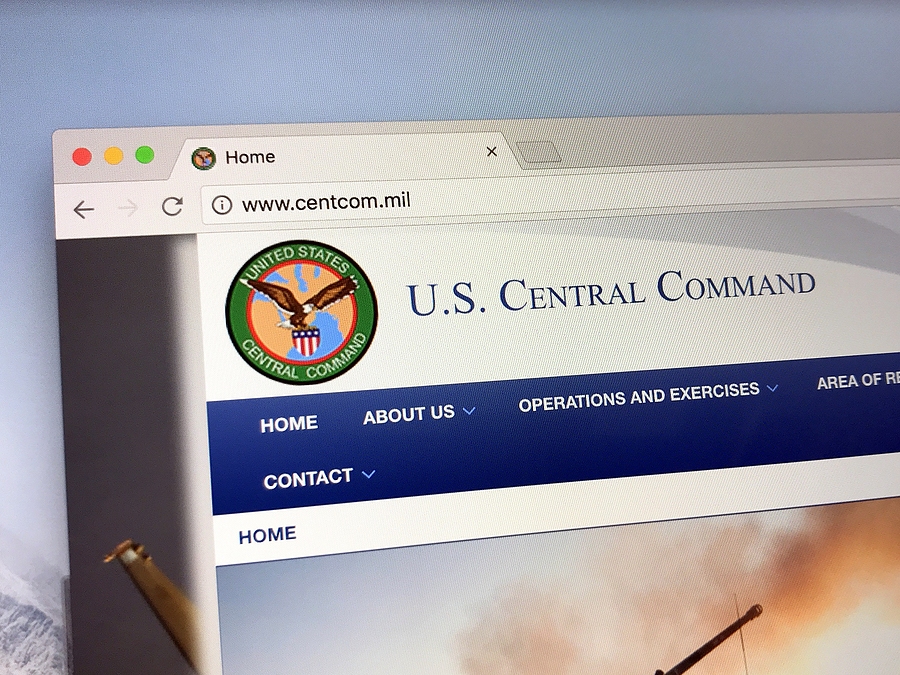 Recently, the Department of Defense updated its deployment standards to address COVID-19. The old deployment standards, MOD FOURTEEN, have been replaced by MOD FIFTEEN (also known as MOD 15).
Recently, the Department of Defense updated its deployment standards to address COVID-19. The old deployment standards, MOD FOURTEEN, have been replaced by MOD FIFTEEN (also known as MOD 15).
The big difference between MOD FOURTEEN (which isn’t that old) and MOD FIFTEEN is an age exclusion. Individuals who are 65 or older, or who may turn 65 during their contract, may not deploy. This age exclusion is based on the affects of COVID-19 on an older population.
Beyond that, the changes are minimal. Deployment is still prohibited for individuals with medical conditions identified in Tab A to MOD FIFTEEN. Tab A is also known as the “Amplification of the Minimal Standards of Fitness for Deployment to the CENTCOM AOR.”
Non-Deployable Medical Conditions:
Previously, I wrote about non-deployable medical conditions and medications. It is worthwhile to address that topic again. There are certain medical conditions and medications that will prevent deployment to CENTCOM. These lists become very important in Defense Base Act claims, especially when a person’s disability could possibly transition from “total” to “partial.”
“Partial” disability means that the claimant can engage in some type of work. Insurance carriers may argue that a claimant can return to their pre-injury employment. But, is that a realistic argument? Often, it is not because a claimant cannot satisfy the minimal standards of physical and mental fitness required for deployment. When considering the extent of a claimant’s disability, the parties should consider the MOD in effect at the time an insurance carrier allegedly finds suitable alternative employment.
Some of the more common deployment-limiting conditions include:
- Behavioral health conditions like Post-Traumatic Stress Disorder, also known as PTSD, anxiety, chronic insomnia, and more.
- Recent sugeries.
- Gastrointestinal issues, like inflammatory bowel diseases.
- Infectious diseases, like tuberculosis.
- Cardiovascular conditions, including heart attack or coagulation issues.
- Asthma or other respiratory conditions.
- Any musculoskeletal injury that “significantly impairs performance of duties or activities of daily living in a deployed environment.”
- Recent, or multiple, traumatic brain injuries.
- Any medical condition that requires medical equipment.
“Disabled” Because of a Deprivation of Economic Choice:
If a claimant cannot return to their pre-injury job because of their work injury, then that claimant is disabled. This means that an injured worker must realistically consider whether they can pass the fitness requirements for re-deployment. If a claimant’s PTSD will be worsened by overseas work, then that claimant cannot deploy. If a claimant’s back condition prevents them from performing the obligations or conditions of their job, then that claimant cannot deploy. And if a claimant cannot deploy, then they have a deprivation of economic choice. That is the very definition of “disability.”
Also, it keep in mind that these deployment standards apply to third country nationals (e.g., Bosnians, Kosovar, Macedonians, Ugandans), not just U.S. contractors.
Finally, it is important to check for revamped MODs. MOD FIFTEEN was published in April 2020. Apparently, the “COVID-19 modifications contained [in MOD FIFTEEN] will be limited to the duration of the pandemic after which time MOD 16 will be released.” So, be on the lookout for MOD 16.
